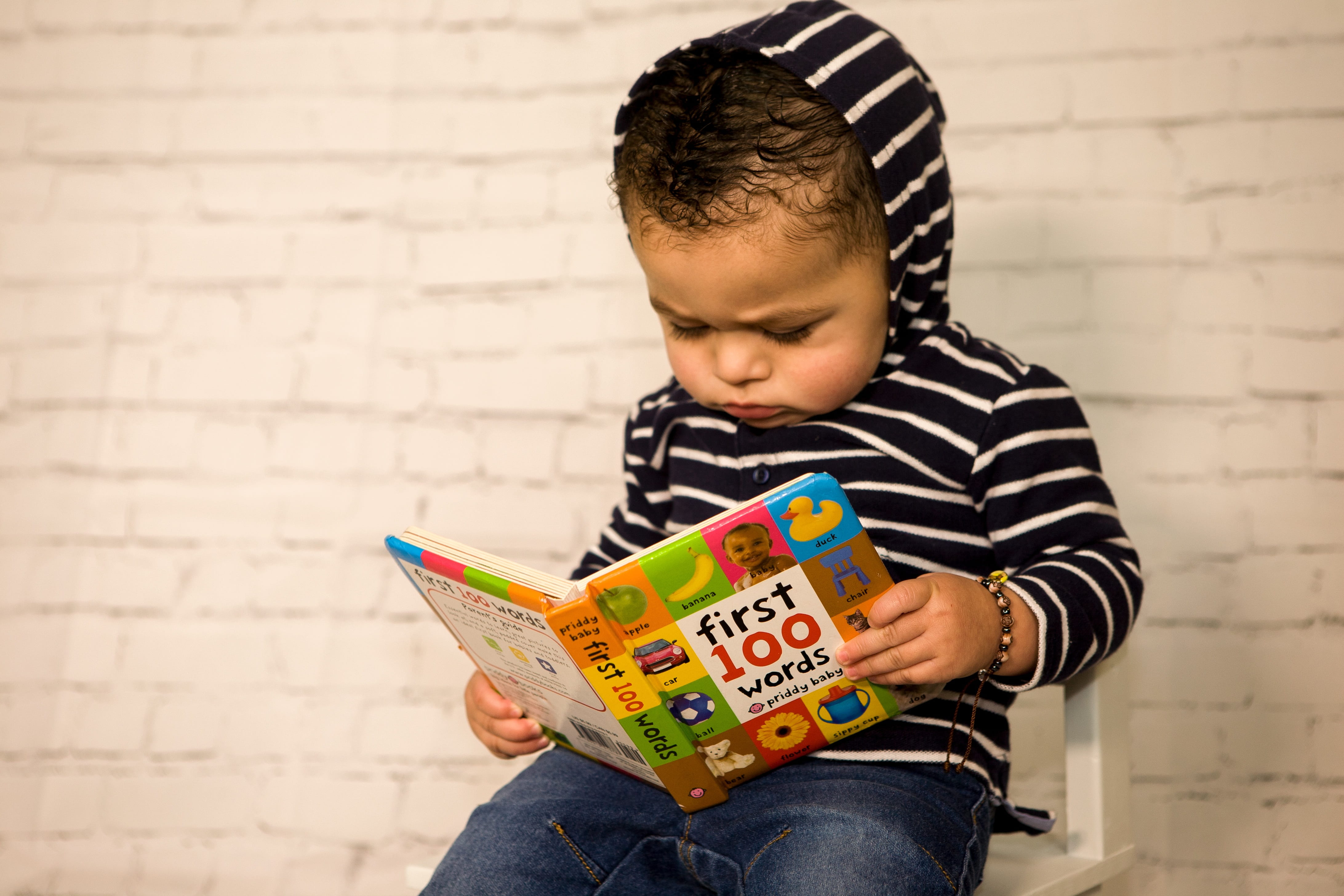News release
From:
Is children’s reading ability affected by their sleep?
New research published in the British Journal of Educational Psychology suggests that sleep problems may negatively affect children’s reading ability.
In the study that included 339 children aged four to 14 years, parents were asked to complete questionnaires about their children’s sleep, while the children completed a test of word reading efficiency.
Children whose parents reported increased sleep-disordered breathing, daytime sleepiness, and a short time for children to fall asleep (which is generally associated with increased tiredness) had poorer performance on reading tasks for both words and nonwords.
“Being a good reader is a strong predictor of academic success and improved life outcomes, so we recommend screening children with sleep problems for reading difficulties, and children with reading difficulties for sleep problems,” said corresponding author Anna Joyce, PhD, MSc, of Regent’s University London. “Screening and treating sleep and literacy difficulties at a young age could help to improve life outcomes for all children.”



 International
International



